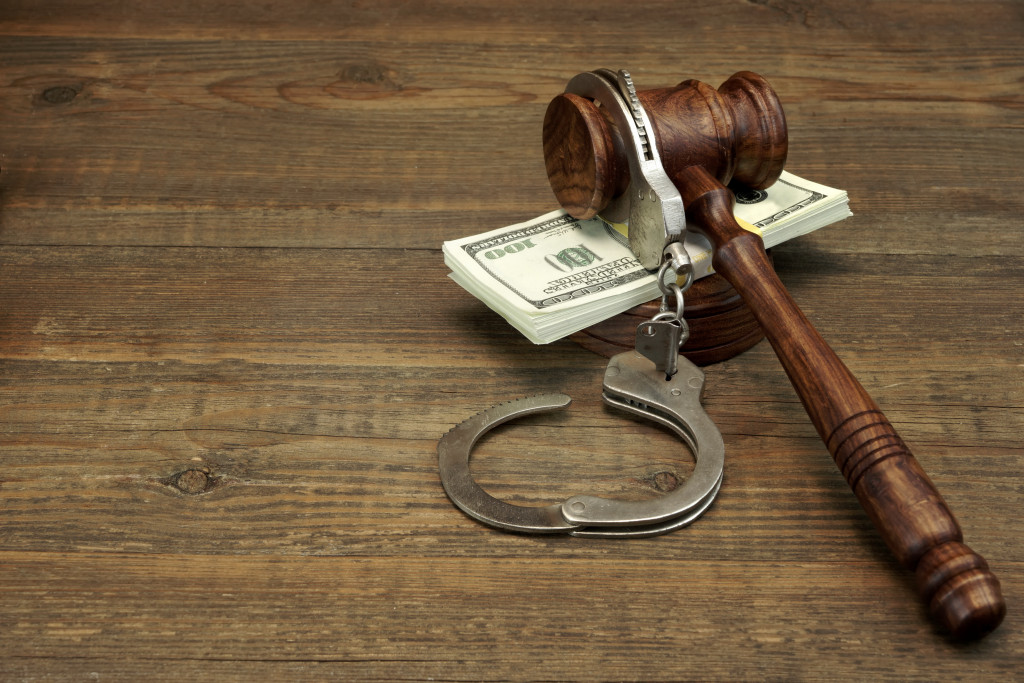The business world is a competitive one, and it’s not uncommon for business owners to get desperate. Fraudulent business practices are often the result of desperation, as well as an attempt to make up for lost time or money. The laws that prohibit them exist because they’re so harmful to the business sector in general.
Business fraud is a serious issue, and it can occur in many ways. For example, a dishonest employee might steal money from their employer by committing payroll fraud or an unscrupulous vendor may engage in kickback schemes with customers to secure additional business. While these actions may seem like victimless crimes, this couldn’t be further from the truth. The victims of these crimes include honest employees, vendors who play fair, and even customers who unknowingly purchase products or services at inflated prices due to kickbacks or other forms of price-fixing schemes.
Businesses should do whatever they can to prevent fraudulent behavior from occurring within their organization. One way is to make sure all your employees understand what constitutes fraud and how it will affect them personally if they commit it. In the event that a business commits fraud, hiring the services of a criminal attorney is necessary.
Examples of Business Fraud
Price fixing
Price-fixing pertains to the act of business owners and business associates agreeing to fix, raise, or lower the price of goods. This is considered a fraudulent activity because business associates are not supposed to interfere with business dealings.
False advertising
False advertising is any false statement made about a product intended to deceive consumers into purchasing it. This fraud usually involves claims that are misleading in nature such as stating one thing while intending another meaning altogether. This is deceptive because it doesn’t provide accurate information about what you’re buying, which makes it difficult for people to make an informed decision before they invest their money.
False claims
False claims occur when business owners make false statements about the quality or nature of goods they offer to customers to convince them that a product is worth purchasing without actually providing evidence for its value. For example, if you say your car will last 300 000 kilometers but it won’t last as long as that, you’re committing business fraud.
Kickbacks
Kickbacks refer to business owners who offer customers money or other benefits, like discounts, in return for business. For example, a business owner may tell s customer that they’ll give them $100 if the customer buys something worth more than $1000 from them. This is deceptive because it doesn’t provide accurate information about what you’re buying and makes it difficult for people to make an informed decision about the purchase.

Laws Against Business Fraud
Consumer Protection Act
The Consumer Protection Act (CPA) of 1977 was put in place to protect consumers from business fraud, false advertising, and other types of malice on the part of business owners. It also has specific guidelines for refunds that prevent business owners from keeping money that they shouldn’t.
False Claims Act
The False Claims Act (FCA) of 1863 was put in place to stop people from submitting false claims on business activities, especially during wartime and conflict. It’s been amended a few times but it still includes some laws against business fraud, such as preventing business owners from making or presenting fraudulent documentation in order to receive business contracts.
Federal Trade Commission Act
The Federal Trade Commission Act (FTCA) of 1914 does a lot for business owners, but one big thing it did was to establish the FTC as an independent agency with enforcement authority over business fraud and other trade practices. There are also specific laws against business fraud that they enforced such as prohibiting business owners from making or presenting false information to get business contracts.
Porter Act of 1936
The Porter Act was passed in response to the Great Depression, but it also helped regulate business practices and fraud by restricting certain types of securities sales tactics. It established a system for regulating these transactions which were then followed up with more laws against business fraud.
Truth in Securities Act of 1968
This law requires business owners to disclose material information about securities they offer and establishes a system for reporting this information.
Sarbanes Oxley Act of 2002
The Sarbanes Oxley Act had two parts, the first part was intended to strengthen the regulation of corporate disclosures while the second sought to impose stricter penalties on business fraud and business fraudsters.
Avoiding Business Fraud
The examples of fraudulent schemes and the laws that prevented them from happening are just a few of the numerous fraudulent activities and laws in business. The law is intended to ensure a business owner’s honesty, integrity, fairness, and candor in their business dealings with employees as well as investors or other parties.
Avoiding business fraud is easy if business owners ensure their business practices are honest and truthful. In some cases, if business fraud is committed by a business owner, the penalties may include prison time or fines. Staying committed to honesty and integrity is the best way to ensure business fraud does not happen.

